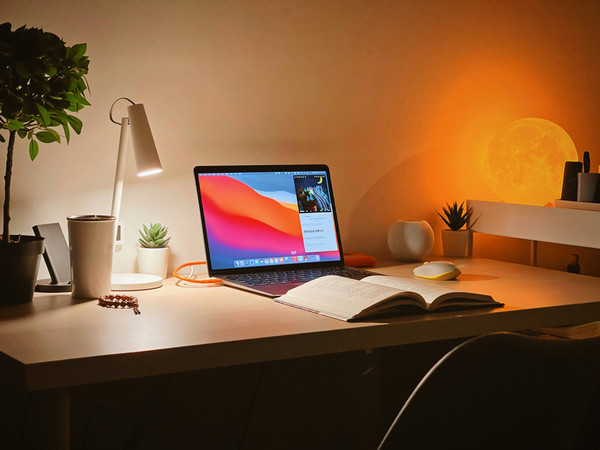Ten study tips from a life science student
March 4, 2019
Studying… the dreaded task that most (if not all) university students have to face at some point or another. With the new year here you may be looking to tackle the hurdle of studying, and while most students chose programs in university that they are genuinely interested, myself included, studying can still prove to be difficult at times.
For me, and I am sure it is the same for others, content heavy courses are prevalent throughout my program so studying is not a choice, but a requirement. That being said here are some study tips that I personally have tried throughout my university experience.
Taking and reviewing notes from class
Okay, so this one is a bit obvious; I will admit that. However, for me, in-class notes have been one of the most invaluable tools that a student can have. For midterms and finals, I try to go through my own notes a couple of times before saying that I am solid on the material. You are able to see what topics the professor may have emphasized in class or just breezed through. In a time crunch when you have to decide what topics you should review over again, those notes can be extremely beneficial.
Audio chapter review notes
This studying method particularly is one I have tried out in the past. For me, it does not work too well because I am more of a visual learner, but if you are an audio learner this may be helpful. I had made short chapter review tracks to listen to on my phone so that if I needed to remember the key features of a chapter I could listen to them instead of lugging around notes or textbooks. However, since I was using my phone it often did lead to distractions.
Making a study plan
Making a plan on what you are going to study and when you are going to study it is a good strategy, especially for content heavy courses. Doing everything in one day is very difficult for assessments like midterms and exams that cover such a large number of topics, so pacing yourself leading up to the assessment is crucial. The content of the course and knowing your own limit is important in planning everything out. For example, for some courses, I start studying for midterms at least two weeks in advance so that I can review all the content and have any questions answered.
Textbook questions
I have found textbook questions to be good for
Self-made summary pages
Self-made summary pages are a resource that I use often in my courses when reviewing content. Most of my courses are very dense and they cover a lot of information, so I use summary pages to figure out what the main point of that chapter or section was really about. Using this, I am able to see if what I took away from that chapter is what I was supposed to have learned from that
Content map
For courses that have a lot of interconnecting topics and content that can be connected to one another, a topic map can really help to sort out how they all relate. This way, for really content heavy courses and for application scenarios, you are able to see how changing one thing can affect other areas. I normally do one closer to the end of the semester for the exam season to see how everything that was taught in the course is related.
Cue cards and mnemonics
I have found cue cards to be very helpful for memorization of terms and their definitions. They can be taken almost anywhere and are handy for a quick refresher on some of the topics covered in the course. Mnemonics are also very helpful for memorization and it helps when the words for the mnemonics actually relate back to the topic you are memorizing them for.
Study groups
Study Groups are also great to use for studying because, as students, you are all in the same boat together and are just trying to do the best you can. Group studying gives the opportunity for multiple perspectives on a topic to be shared and for testing each other on topics covered in the course.
Meeting with your TAs and professors
Having a meeting or just sending a message to your TAs and/or professors can be very helpful in making sure you really do understand the course content. It also gives you the opportunity to ask questions and to clear up any confusion that could be related to the course. For office hour meetings, it is best to go in advance, probably a week, to avoid long lines so you can be sure to have your question(s) answered before the test.
Just starting
And lastly, JUST START! Making that effort to not procrastinate and just get started can be one of the biggest obstacles and if you can overcome that then you are one step closer to conquering that course!
Good luck and happy studying!




